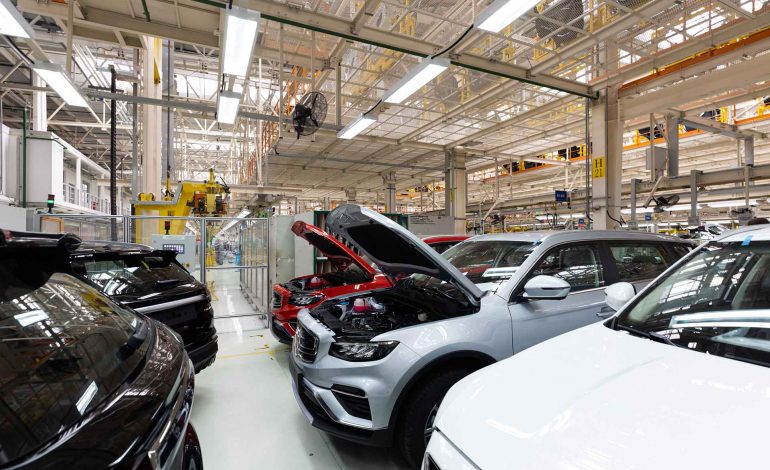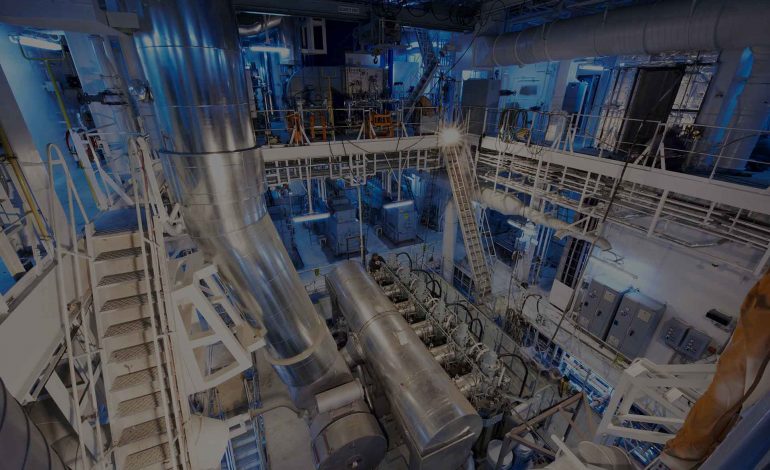The Automotive Sector – An Overview
- By Sarah Wilson
- February 13, 2024

The automotive sector is a dynamic and ever-evolving industry that plays a crucial role in the global economy. It encompasses a wide range of businesses involved in the design, manufacturing, marketing, and distribution of automobiles and related components.
Importance of the Automotive Sector
The automotive sector holds significant importance due to its massive contribution to employment, economic growth, and technological advancements. It has become an integral part of our daily lives, providing convenient transportation options and driving technological innovation.
Key Players and Market Dynamics
The automotive industry is comprised of various key players, including automobile manufacturers, suppliers, dealerships, and aftermarket service providers. These players operate in a competitive market where consumer demands, technological advancements, and regulatory frameworks drive the industry’s growth and evolution.
Challenges Faced by the Automotive Sector
Despite its importance, the automotive sector faces numerous challenges that shape its landscape and present opportunities for growth and improvement. Some of the major challenges include:
Shifting Consumer Preferences
Consumer preferences are rapidly changing, with a growing demand for electric vehicles, shared mobility solutions, and enhanced digital experiences. Companies in the automotive sector must adapt to these shifting preferences to remain competitive.
Environmental Concerns
With increasing awareness about climate change and sustainability, the automotive sector is under pressure to reduce its environmental impact. This includes developing more fuel-efficient vehicles, exploring alternative energy sources, and integrating eco-friendly practices throughout the supply chain.
Technological Disruptions
Emerging technologies such as autonomous driving, connected cars, and artificial intelligence are disrupting the traditional automotive industry. Companies need to embrace these technologies to stay ahead of the curve and provide innovative solutions to consumers.
Opportunities in the Automotive Sector
While the challenges may seem daunting, they also present opportunities for growth and innovation in the automotive sector. Here are some key areas where opportunities lie:
Electric Vehicles (EVs)
The transition to electric vehicles is gaining momentum globally. Companies investing in EV technology and infrastructure can tap into the growing market and contribute to a greener future.
Smart and Connected Cars
With the rise of Internet of Things (IoT) and connectivity, there is immense potential in developing smart and connected cars. These vehicles offer enhanced safety features, improved user experience, and valuable data insights for companies.
Mobility as a Service (MaaS)
The shift towards shared mobility and on-demand transportation presents opportunities for companies to provide innovative solutions such as ride-hailing services, car-sharing.
Challenges Faced by the Automotive Sector
The automotive sector is a dynamic industry that is constantly faced with various challenges. In order to thrive in this competitive landscape, automotive companies must navigate through these challenges and capitalize on the opportunities that arise. Let’s take a closer look at some of the key challenges faced by the automotive sector today:
Rapid Technological Advancements
The automotive industry is at the forefront of technological innovation, with advancements in areas such as autonomous vehicles, electric cars, and connected mobility solutions. However, keeping up with these rapid technological changes can be a significant challenge for automotive companies. They need to invest in research and development to ensure they have the expertise and capabilities to embrace these technologies and stay ahead of the curve.
Shifting Consumer Preferences
The preferences and expectations of consumers are constantly evolving. Today, consumers are increasingly conscious about sustainability, fuel efficiency, and the overall carbon footprint of vehicles. They also expect seamless connectivity, advanced safety features, and personalized user experiences. Meeting these changing consumer demands requires automotive companies to adapt their product offerings and innovate accordingly.
Regulatory Compliance
The automotive industry is subject to numerous regulations and standards, including emission standards, safety regulations, and data privacy requirements. Compliance with these regulations can be complex and costly for automotive companies. It is imperative for them to closely monitor and adhere to the evolving regulatory landscape to avoid penalties and maintain their reputation.
Supply Chain Disruptions
The automotive sector relies on a complex global supply chain that is susceptible to disruptions. Factors such as natural disasters, geopolitical tensions, and trade wars can impact the availability and cost of raw materials, components, and finished vehicles. Automotive companies need to implement robust risk management strategies and diversify their supply chain to mitigate these disruptions.
Skills Gap and Workforce Transformation
As the automotive industry embraces new technologies, there is a growing demand for a skilled workforce. However, there is a significant shortage of talent with expertise in emerging areas such as data analytics, artificial intelligence, and cybersecurity. Automotive companies must invest in training and upskilling their employees to bridge this skills gap and ensure they have a workforce that is equipped to drive the industry forward.
Recruitment methods is an executive search with automotive headhunters, such as RHACS. They have already worked with a large amount of leading European automotive manufacturers. Their team of industry experts have the network and experience to attract top level candidates to your business.
Home


